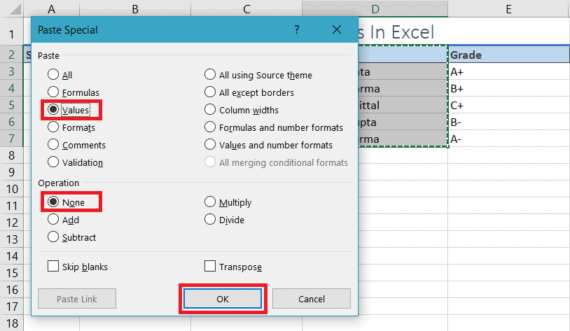
The helper column contains the joined values in the ‘Year’ and ‘Rank’ columns. This column has to be on the left hand side. Add a ‘helper column’ (which will be used to locate the correct row for the value to be found) to the long format table.We combine values in the ‘Year’ column and the ‘High’ and ‘Low’ column headers, to look up values in the source table, using a ‘helper column’. In the video example we create a wide format table on the right based on the long format table on the left. Video Method - use VLOOKUP with CONCATENATE (see video above). With both CONCAT and CONCATENATE, the elements to be joined can be separated by a comma or an ampersand (, or &).

COMBINE DATA IN COLUMNS IN EXCEL FOR MAC MAC
It is available if you have an Office 365 subscription and have the latest version of Office or on Windows or Mac if you have Office 2019. NOTE: One key rule about VLOOKUPs is that you need to be looking up a value in the first column of the table or range.ĬONCAT replaces the CONCATENATE function, and is gradually being phased in to Office versions.The default is ‘1’ TRUE if no value is entered. The (optional) final argument in the formula, specifies ‘1’=TRUE for approximate match or ‘0’=FALSE for an exact match.The fourth column will be looked in for the value to be found.This cell reference will stay as G2 wherever it is copied to in the worksheet. $G$2 denotes absolute column and absolute row ($ prefix before both elements of the cell reference).When the formula is copied down the column, the row number will increase but if the formula is copied across to another column, the column letter will remain as ‘F’. $F3 denotes absolute column ($ prefix to the column letter), relative row (no $ prefix to the row number).



 0 kommentar(er)
0 kommentar(er)
